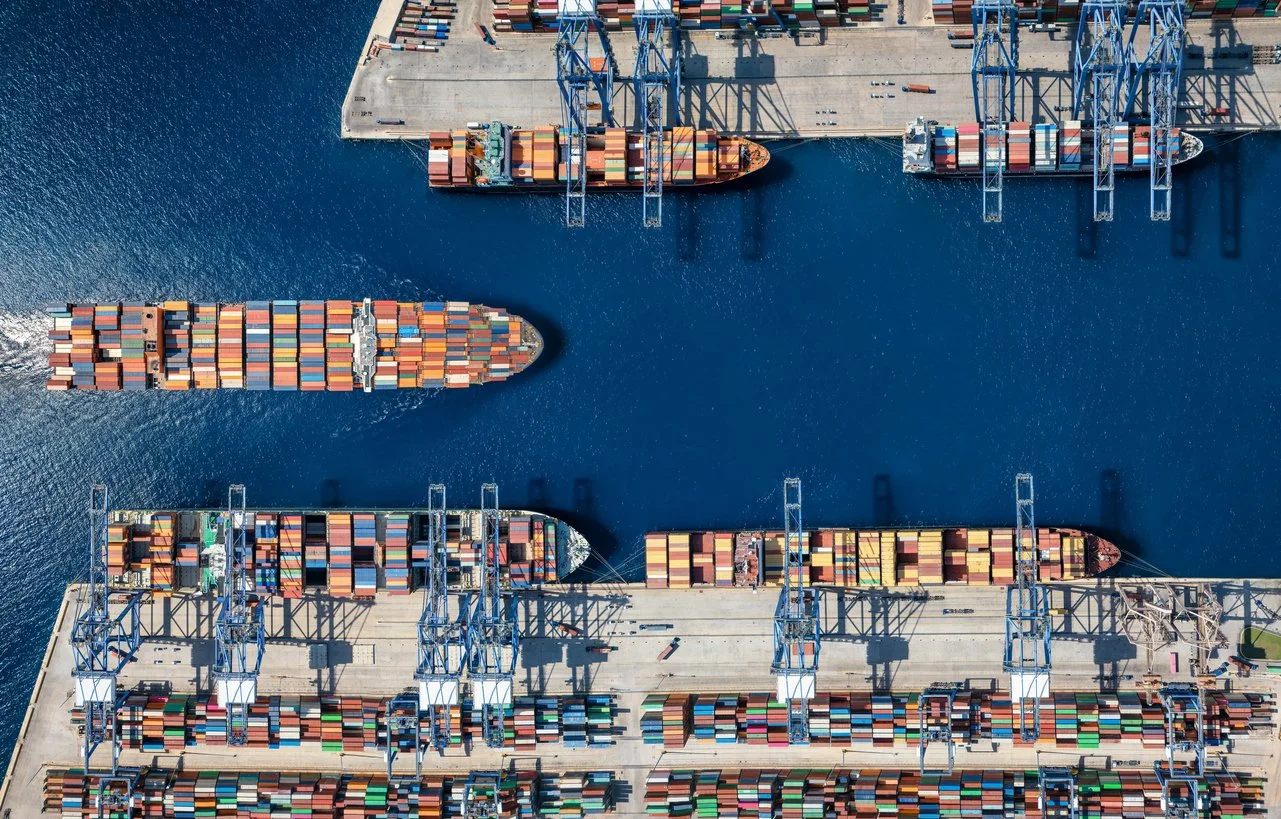A Letter from United for Infrastructure's Director
Dear Colleagues and Partners,
As we close out Infrastructure Week 2025, I wanted to share some thoughts that are top of mind for me as we look to the future and what comes next.
United for Infrastructure (UFI) is a coalition of businesses, labor unions, elected officials and their membership organizations, think tanks, and other advocates committed to strengthening America’s infrastructure. UFI advocates for continued federal investments in infrastructure that advance our nation’s economic competitiveness, the safety of our traveling public, and the strength of our workforce.
Congress is currently drafting a new surface transportation reauthorization proposal that will build upon the historic investments of previous laws, including the Infrastructure Investment and Jobs Act (IIJA). These recent investments made a transformative step forward, addressing years of underinvestment in our nation’s transportation, freight, and transit systems that are benefiting millions of Americans, regardless of geography or political affiliation. But the job is not done. Congress must continue to provide sustained investment to boost our nation’s economic competitiveness and security, benefit our logistics and supply chain networks, ensure resilience in the face of natural disasters, and bolster safety for all Americans.
Infrastructure spending is a powerful job creator. The U.S. Department of Transportation estimates that every $1 billion invested in highway and bridge infrastructure supports at least 13,000 jobs across the U.S. economy – not only in construction but also in retail, manufacturing, transportation and warehousing, food services, and other industries. IIJA investments and policies created more middle-class sustaining wage construction jobs for workers to support their families. The nation risks losing 344,000 jobs in one year if federal investments return to pre-2021 levels, according to the American Society of Civil Engineers (ASCE).
Furthermore, infrastructure investment delivers tangible value to American families. ASCE reports that sustaining current investment levels could save the average U.S. household $700 annually. Conversely, ASCE estimates that American families will shoulder nearly $53,000 in additional costs per household over 20 years if Congress cuts funding below current levels. To maintain such levels, this moment urges the development of policies that establish modern and sustainable user fee models that supplement and restore the Highway Trust Fund.
Through surface transportation reauthorization, Congress can continue to reform the permitting process and improve upon project delivery. The U.S. Chamber of Commerce reports that federal environmental reviews frequently add an average of 4.5 years to infrastructure project timelines, with many large projects taking seven years or more to navigate the permitting process. Research from the Texas A&M Transportation Institute shows that even a single month of delay increases construction costs by up to 1.3% – roughly $129,000 per $10 million in project value. Streamlining the permitting process to provide greater predictability, efficiency, and transparency will get shovels in the ground faster, put people to work, reduce taxpayer burdens, and ensure that federal investments translate into timely economic growth and improved infrastructure delivery.
Finally, the multiplier effect of infrastructure investment is measurable; federal investments catalyze billions in private investment across infrastructure sectors. By de-risking major infrastructure projects, federal funding enables private capital to support initiatives that might not otherwise move forward. The Congressional Budget Office notes that projects leveraging private-sector investment often deliver stronger economic returns than public funding alone. Expanding opportunities for further private investment in infrastructure — such as financing authorities, credit support, and private activity bonds — will facilitate broader private-sector participation in traditional infrastructure delivery that can foster innovation and efficiency in our transportation system.
Infrastructure is the foundation of our economy, national security, and global leadership. Maintaining federal investment that builds on prior spending levels and reflects the realities of rising construction costs will strengthen rural and urban communities alike and ensure America’s position as the global economic leader.
Thank you for a phenomenal Infrastructure Week!
Ross van Dongen
Director | United for Infrastructure



